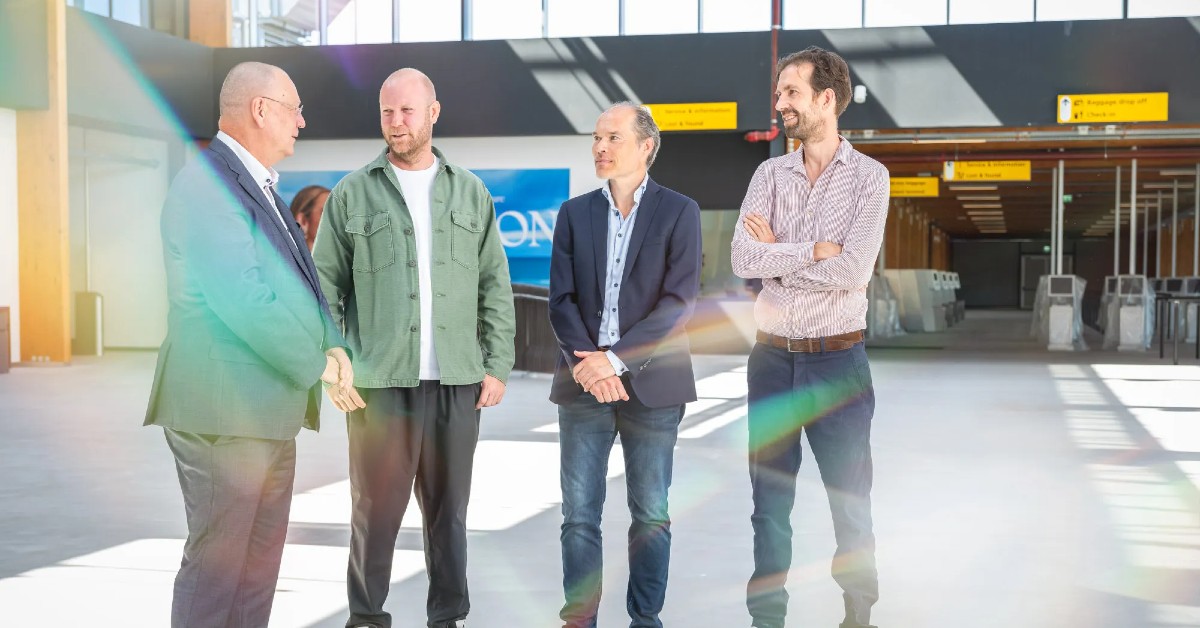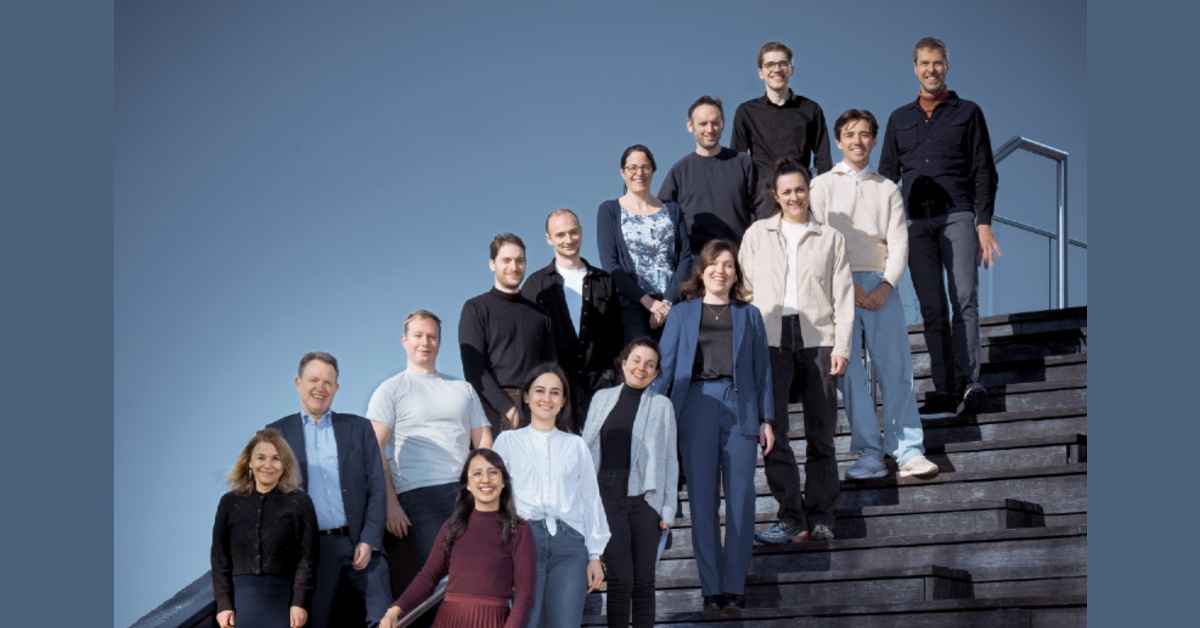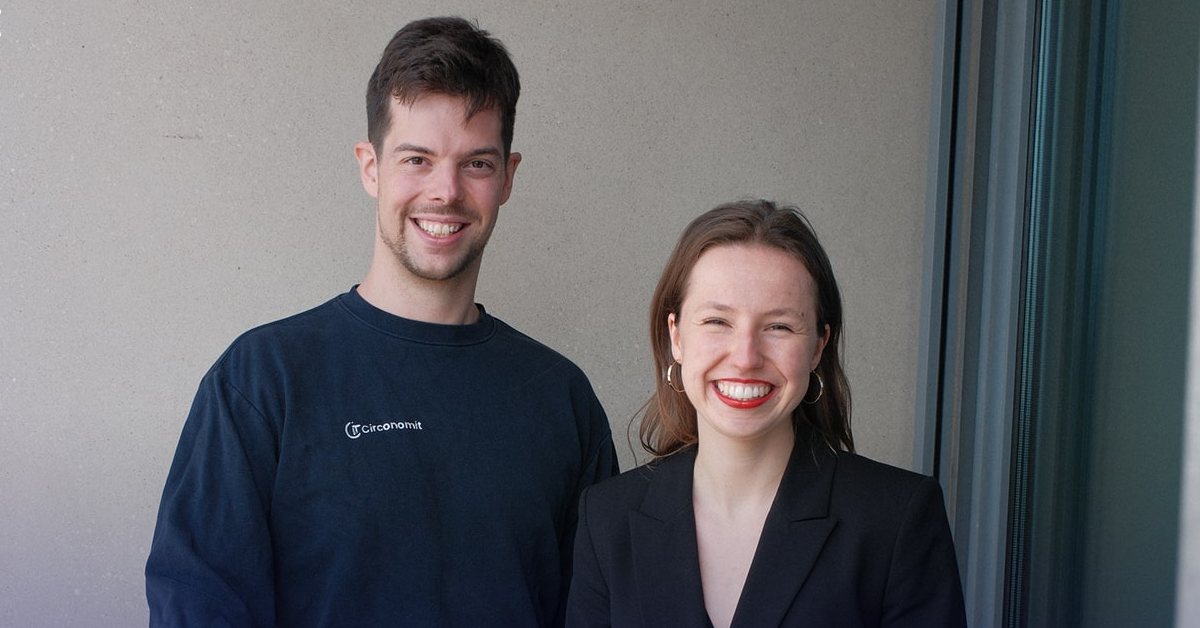Groningen, the Netherlands-based QDI Systems, a startup developing imaging devices based on quantum dots for medical X-ray applications, announced that it has raised €1.3M in a fresh round of funding.
The round was led by Helsinki-based Maki.vc, an early-stage VC firm that partners with deep tech and brand-driven companies. Dutch venture capital firm Carduso Capital, which claims to play an important role in adding value and transforming knowledge into profitable technology companies, also participated in the round.
Artem Shulga, who holds a PhD in quantum dots and founded QDI Systems in 2019, says, “With this investment, QDI Systems will be ready for the next step of further developing the technology and bringing it to the market.”
Investors
Carduso Capital and RuG Ventures had already invested in QDI Systems in May, 2021. With the first round of investment, the company was able to set up its first laboratory, strengthen its patents, and complete its R&D team.
Koos Koops, Partner at Carduso Capital, says, “We saw the potential of quantum dot technology at an early phase and we had complete confidence in the team. With this new investment, QDI Systems will enter its next phase.”
Maki.vc’s Partner, Paavo Räisänen, adds, “QDI’s solution is a textbook example of breakthrough technology with multiple benefits – better imaging quality with lower radiation doses while simplifying the production process and using less toxic materials. Although the company is still in its early days, it has already generated impressive traction and feedback from large industrial companies, some of which have stated that this is the best new tech they have seen in ten years.”
“A revolution in medical imaging”
Founded in 2019 by Artem Shulga, QDI Systems says it is a high-tech startup and a spin-off from Zernike Institute for Advanced Materials, University of Groningen. The company has developed a technology based on nanomaterial: quantum dots. This material converts photons into electronic signals in an effective way.
Quantum dots (QDs) are tiny solution-processable semiconductor nanoparticles. This class of materials emerged a few decades ago, but only recently appeared in commercial products on the mass market.
When quantum dots are used for X-ray examinations, they are able to create a higher image quality at lower radiation doses. The technology is expected to have a ‘huge’ impact on procedures like mammogram screening and diagnostics. The company says that lead-based quantum dots have one of the highest X-ray attenuation coefficients due to 85 per cent mass fraction of lead in the conversion layer. 100 um film thickness is sufficient to absorb >95 per cent photons used for mammography application.
“When you use a high dose, the image quality gets better. But because radiation is also bad for the body, this is a difficult trade-off. Our quantum dot technology makes it possible to create X-ray views of higher image quality, but with a lower dose of X-rays. It’s better for the patient and better for the diagnosis,” says Shulga.
According to a statement from QDI Systems, the quantum dot approach has attracted the interest of prominent industry players such as Teledyne DALSA, a manufacturer of low-dose dynamic digital X-ray detectors. Their products are primarily used in real-time medical healthcare applications such as Surgery and Extra Oral Dental.










01
From telecom veteran to Dutch Startup Visa success: The Jignesh Dave story